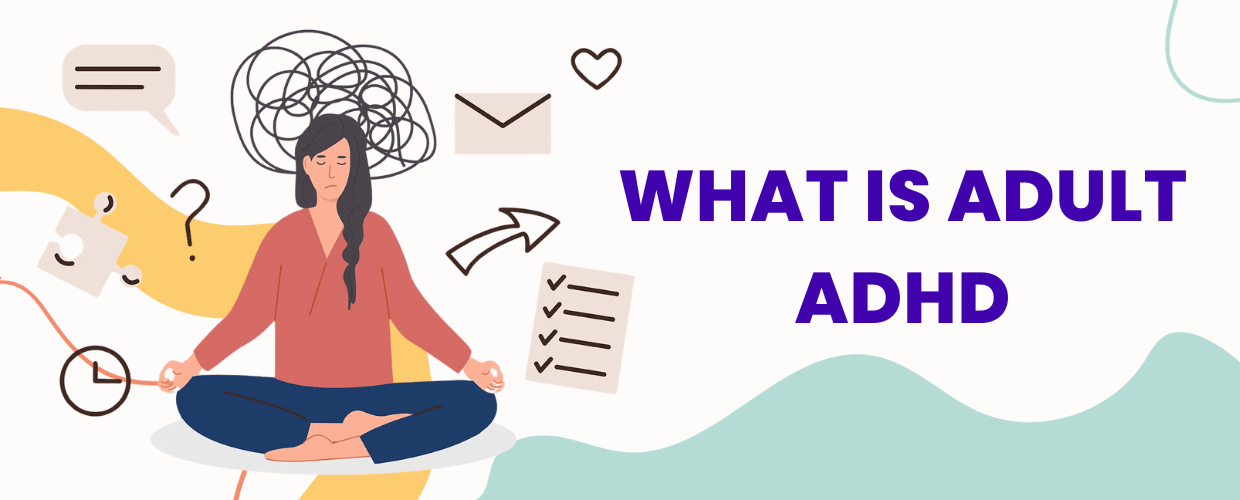We have all heard Yoga to be a holistic wellness practice. Let’s try to understand how this discipline helps aid us towards balanced mental health.
Understanding Mental Health Disorders:
Mental health disorders are webs that entangle our thoughts, emotions, and well-being. Conditions like anxiety, depression, PTSD, and others disrupt the delicate balance within, often leaving individuals in a chaos of emotions and uncertainties. While traditional treatments offer significant support, exploring complementary therapies like yoga opens doors to a more holistic healing approach.
Yoga: Beyond the Physical Poses:
Yoga is often mistaken as a physical exercise regimen limited to stretching and postures. However, its essence is beyond the physical aspect . At its core, yoga encapsulates a harmonious fusion of breath, body, mind, and spirit. The practice opens up layers of mental and emotional well-being beyond what meets the eye.
Harnessing the Power of Breath and Mindfulness:
The breath, often neglected amidst the chaos, emerges as a powerful tool in yoga practices. Pranayama, the art of breath control, becomes a cornerstone in channelling and calming the mind’s fluctuations. Through mindful breathing individuals begin to navigate the flow of their emotional states. This conscious control over the breath provides a pathway to regulate emotions, reducing anxiety and stress.
Yoga and Neurobiology:
Science supports the benefits of yoga on the brain. Studies reveal yoga’s impact on the brain’s neuroplasticity and hormonal balance. The practice of yoga and meditation stimulates regions associated with emotional regulation and self-awareness, fostering resilience against mental health disorders.
Embracing Mind-Body Connection:
Mental health disorders often create a disconnect between mind and body. Yoga reestablishes this connection. Asanas (physical postures) in yoga encourage the release of tension held in the body, subsequently easing psychological distress. The synchronisation of breath and movement becomes a bridge reconnecting fragmented parts of the self.
Cultivating Present Moment Awareness:
The very essence of yoga rests in cultivating present-moment awareness. Practices like Dhyana (meditation) and Dharana (concentration) lead individuals to witness thoughts without attachment or judgment. This heightened self-awareness enables individuals to navigate the their minds with grace and acceptance.
Inclusivity of Yoga Practices:
One of yoga’s most remarkable attributes is its inclusivity. Adaptations and modifications in yoga practices make it accessible to individuals across various mental health spectrums. Whether dealing with trauma, panic disorders, or mood fluctuations, yoga offers a versatile toolbox to support the diverse needs of individuals.
The Journey of Self-Healing:
Yoga becomes more than a series of postures; it becomes a journey of self-healing and transformation. The regularity of practice, with patience and compassion, slowly unravels the layers of mental concerns , paving the way for inner peace and resilience.
In Conclusion:
In the complex world of mental health struggles, yoga stands out as a powerful tool for healing. It’s like a friendly reminder that even in tough times, there’s a calm place inside us—a peaceful space waiting to be discovered. By including yoga in overall mental health care, it gives hope and strength, helping people move towards better mental well-being.





